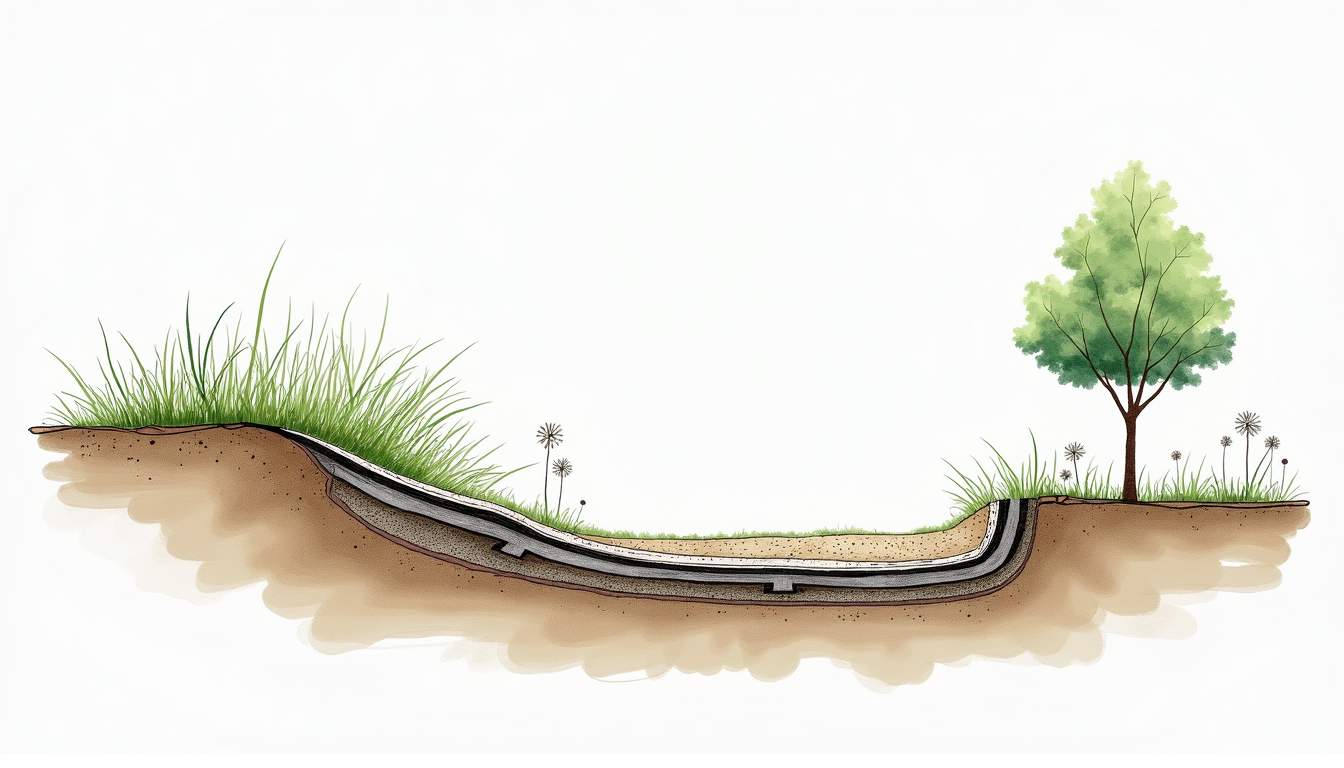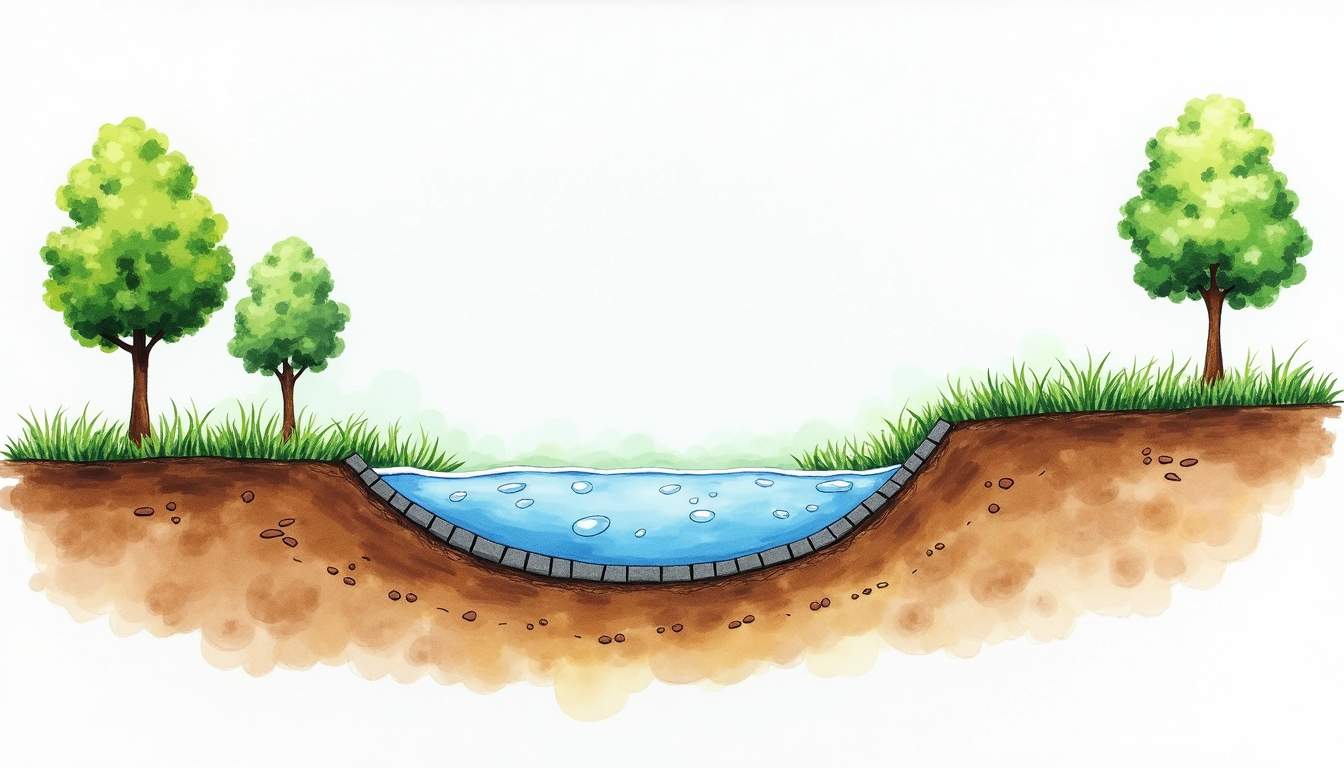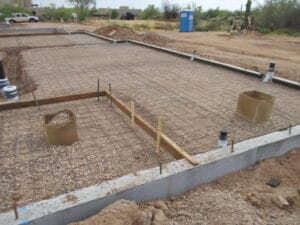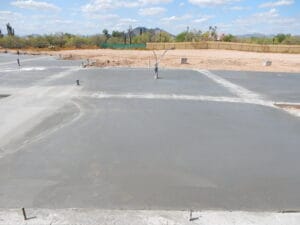Driveways are more than just the entry point to a home or commercial property—they are vital components of a property’s infrastructure. A well-designed driveway enhances curb appeal, provides safe and convenient access, and protects the surrounding landscape from water damage. Achieving this balance requires careful planning and expertise, especially when it comes to grading and drainage. Civil engineers play a crucial role in this process, ensuring that driveways are both functional and durable.
Understanding the Importance of Driveway Grading
Grading refers to the process of shaping the land’s surface to direct water flow and create a stable base for construction. In the context of driveways, proper grading is essential to prevent water pooling, erosion, and structural damage. An improperly graded driveway can lead to a host of issues, including increased maintenance costs and a shortened lifespan for the driveway itself. Therefore, understanding the nuances of grading can save homeowners both time and money in the long run.

What is Driveway Grading?
Driveway grading involves adjusting the slope and contour of the land where the driveway will be installed. The goal is to create a gentle slope that encourages water to flow away from the driveway surface and adjacent structures. Without proper grading, water can collect on the driveway, leading to cracks, potholes, and eventual deterioration. In addition to these physical issues, standing water can also create safety hazards, such as slippery surfaces that increase the risk of accidents. Furthermore, the presence of water can attract pests and contribute to the growth of mold and mildew, which can be detrimental to both the driveway and surrounding areas.
Moreover, grading ensures that the driveway has a stable foundation. Uneven or poorly graded surfaces can cause settling or shifting over time, compromising the driveway’s integrity. This instability not only affects the aesthetic appeal of the driveway but can also lead to more significant structural issues that may require extensive repairs or even complete replacement. Therefore, investing in proper grading from the outset is crucial for maintaining the longevity and functionality of your driveway.
Key Principles of Effective Grading
Effective grading requires a balance between slope, soil type, and drainage needs. Civil engineers typically follow these principles:
- Minimum Slope: Driveways generally require a minimum slope of 2% (a 2-foot drop over 100 feet) to ensure water runoff.
- Positive Drainage: Water should flow away from the driveway and adjacent buildings, not toward them.
- Soil Stability: The soil must be compacted and stable to support the driveway’s weight without shifting.
- Integration with Landscape: Grading should complement the natural topography to minimize excavation and preserve the environment.
In addition to these principles, it’s important to consider the materials used in the grading process. Different types of soil, such as clay, sand, or loam, have varying drainage capabilities and compaction properties. For instance, clay soils may retain water, necessitating additional drainage solutions, while sandy soils may drain quickly but lack stability. Understanding these characteristics can help in selecting the right materials and techniques for effective grading. Additionally, incorporating features like swales or drainage ditches can further enhance water management, ensuring that your driveway remains functional and safe throughout the seasons.
The Role of Civil Engineers in Driveway Grading
Civil engineers bring technical expertise to driveway projects, ensuring that grading plans meet safety, durability, and environmental standards. Their involvement is critical, particularly for larger or more complex properties.
Site Assessment and Soil Analysis
Before any grading work begins, civil engineers conduct thorough site assessments. This includes evaluating the existing topography, soil composition, and drainage patterns. Soil analysis is essential because different soil types respond differently to grading and drainage. For example, clay soils retain water and may require additional drainage solutions, while sandy soils drain quickly but may lack stability.
Understanding these factors allows engineers to design grading plans that minimize erosion and maintain soil integrity. Furthermore, they often take into account the historical weather patterns of the area, as prolonged rainfall or drought can significantly affect soil behavior. By integrating this climatic data into their assessments, engineers can better predict how the driveway will perform under various weather conditions, ensuring longevity and resilience.
Designing Grading Plans
Using data from site assessments, civil engineers create detailed grading plans. These plans specify the slopes, contours, and elevations needed to achieve optimal drainage and stability. Modern tools such as Geographic Information Systems (GIS) and computer-aided design (CAD) software help engineers visualize and simulate water flow, ensuring the grading design will function as intended.
Additionally, engineers consider local regulations and environmental impact, ensuring the grading plan complies with stormwater management requirements and protects natural waterways. They may also incorporate sustainable practices, such as permeable paving materials or green infrastructure techniques, to enhance water absorption and reduce runoff. This not only helps in managing stormwater effectively but also contributes to the overall ecological health of the surrounding area.
Supervising Construction and Quality Control
Once grading plans are approved, civil engineers often oversee the construction process. They ensure that contractors follow the specifications precisely, verify soil compaction, and inspect drainage installations. This supervision helps prevent costly mistakes and ensures the driveway will perform well over time.
Moreover, civil engineers play a pivotal role in addressing any unforeseen challenges that may arise during construction. For instance, if unexpected soil conditions are discovered, they can quickly adapt the grading plan to accommodate these changes, ensuring that the project remains on schedule and within budget. Their expertise also extends to coordinating with other professionals, such as landscape architects and environmental consultants, to ensure that all aspects of the project are harmoniously integrated, leading to a successful and aesthetically pleasing driveway installation.
Drainage Solutions: Preventing Water Damage and Erosion
Proper drainage is essential for preserving the longevity of a driveway and protecting surrounding property. Water that is not effectively managed can cause structural damage, create hazardous icy patches in winter, and lead to costly repairs.
Common Drainage Challenges for Driveways
Driveways face several drainage challenges, including:
- Surface Water Runoff: Rainwater or melting snow that flows across the driveway surface.
- Subsurface Water: Water that accumulates beneath the driveway, potentially weakening the base.
- Erosion: Water flow that removes soil and destabilizes the driveway edges.
- Clogged or Ineffective Drainage Systems: Poorly maintained drains can cause water backup.
Addressing these issues requires a combination of grading, drainage infrastructure, and maintenance.
Drainage Techniques Employed by Civil Engineers
Civil engineers use a variety of drainage solutions tailored to the specific site conditions and driveway design:
- Swales and Ditches: Shallow channels that direct water away from the driveway toward safe discharge points.
- French Drains: Perforated pipes surrounded by gravel that collect and redirect subsurface water.
- Catch Basins and Inlets: Structures that collect surface water and connect to underground drainage systems.
- Permeable Pavements: Materials that allow water to infiltrate through the surface, reducing runoff.
- Retention and Detention Ponds: On larger properties, these features temporarily hold water to manage stormwater flow.
Each method has its advantages and is selected based on the property’s size, soil type, and local climate.
Integrating Drainage with Grading for Optimal Performance
Drainage systems must work hand-in-hand with grading to be effective. For example, swales are only effective if the surrounding land is graded to direct water toward them. Similarly, French drains require proper slope to ensure water flows through the pipe and away from the driveway.
Civil engineers carefully coordinate grading and drainage design to create a cohesive system that manages water efficiently, protecting the driveway and surrounding landscape.
Environmental and Regulatory Considerations
Modern driveway design must also account for environmental impact and comply with local regulations. Civil engineers are well-versed in these requirements and help property owners navigate them.
Stormwater Management Regulations
Many municipalities have strict rules governing stormwater runoff to prevent flooding and water pollution. Driveway grading and drainage plans must comply with these regulations, which may include limits on runoff volume, requirements for retention areas, or mandates for permeable surfaces.
Civil engineers ensure that driveway projects meet these standards, often coordinating with local agencies to obtain necessary permits.
Protecting Natural Waterways and Habitats
Improper drainage can lead to sedimentation and pollution of nearby streams, rivers, or wetlands. Civil engineers design grading and drainage systems that minimize erosion and filter runoff before it reaches natural waterways.
In some cases, engineers incorporate green infrastructure elements such as rain gardens or bioswales to enhance water quality and support local ecosystems.
Long-Term Benefits of Professional Grading and Drainage Design
Investing in expert civil engineering services for driveway grading and drainage offers numerous long-term advantages:

- Durability: Properly graded and drained driveways last longer, reducing maintenance and replacement costs.
- Safety: Effective drainage prevents hazardous conditions like ice patches and standing water.
- Property Value: A well-designed driveway enhances curb appeal and can increase property value.
- Environmental Stewardship: Thoughtful design protects local ecosystems and complies with regulations.
Ultimately, the expertise of civil engineers ensures that driveways are not just functional but also sustainable and aesthetically pleasing.
Conclusion
Driveway grading and drainage are critical factors in creating a functional, durable, and attractive driveway. Civil engineers play an indispensable role in this process by applying their knowledge of soil mechanics, hydrology, and design principles to develop effective grading and drainage solutions. Their involvement helps prevent water damage, erosion, and costly repairs, while also ensuring compliance with environmental and regulatory standards.

Whether for a residential property or a commercial development, partnering with civil engineering professionals to optimize driveway grading and drainage is a smart investment that pays dividends in safety, longevity, and property value.




